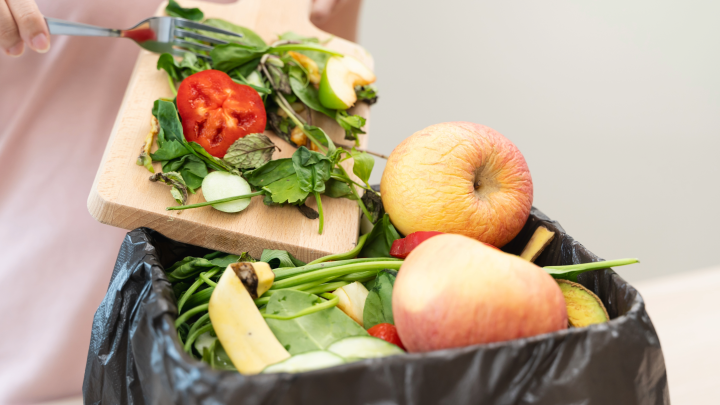Food waste in the UK isn't just about what ends up in household bins. It's a story that starts on farms, shaped by supermarket grading, urban lifestyles, and broken supply chains. These farmers lift the lid on the hidden cost of waste.
The statistics on how much food gets wasted in the UK each year are shocking. Millions of tonnes of edible food, worth billions of pounds, are thrown away annually. Households, supermarkets, the hospitality industry and many others all contribute. To give just one example, almost half the potatoes bought end up in the bin. The UK is also Europe’s most wasteful country.
Unfortunately, reducing food waste is an effort blocked or hindered at almost every turn, because of the way the food system is structured for farmers.
Abby Allen, Director of Farming at Pipers Farm in Devon, says farmers face intense pressure from supermarkets due to grading systems that reject perfectly edible food which does not meet strict standards around appearance or colour. “So many crops are just left in fields because the grading is far too harsh,” Abby says. “Even when it comes to meat, standards can mean increased trimming or rejection of cuts, which increases waste.”
She also points out that official rules often work against a culture of waste reduction. “There are so many regulations, partly because of the increasing industrialisation of food, which is less safe than properly-produced food grown in nature-friendly systems, but also because of imported food made to different standards,” she says.



